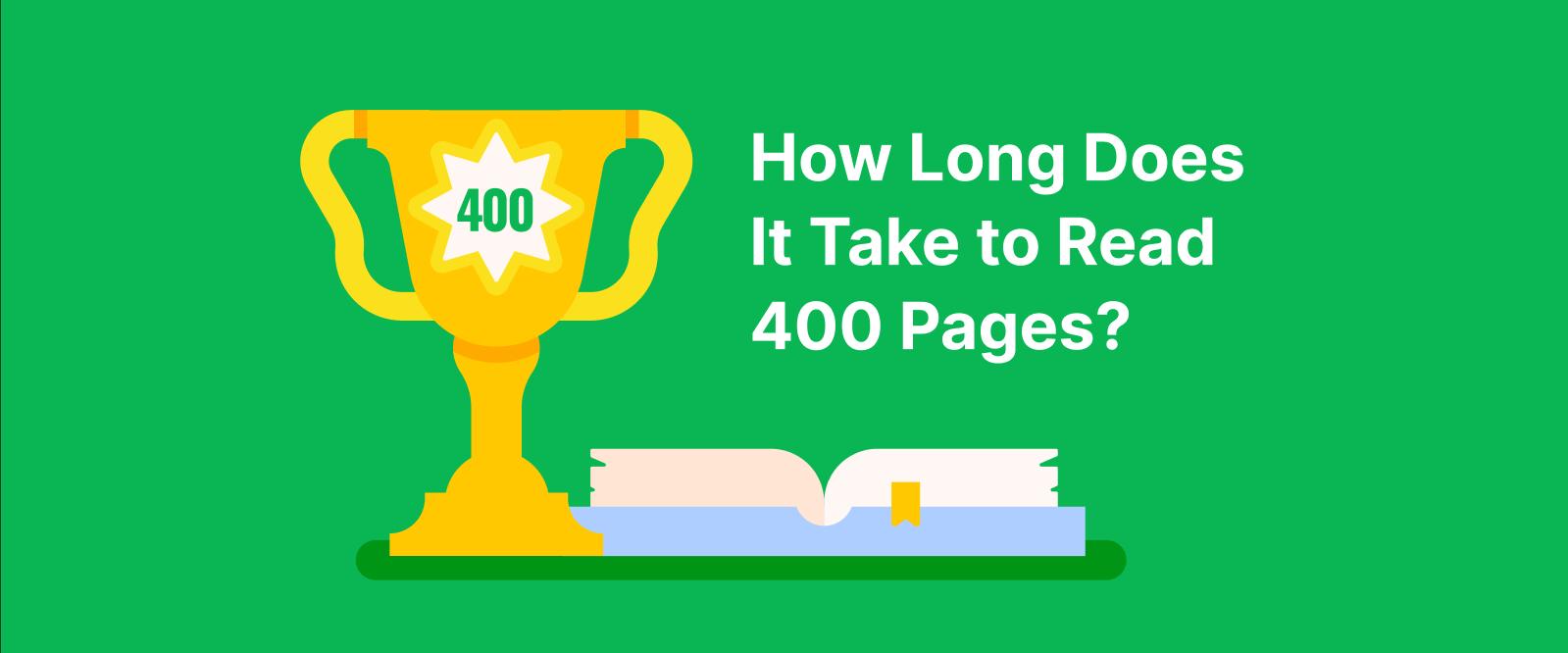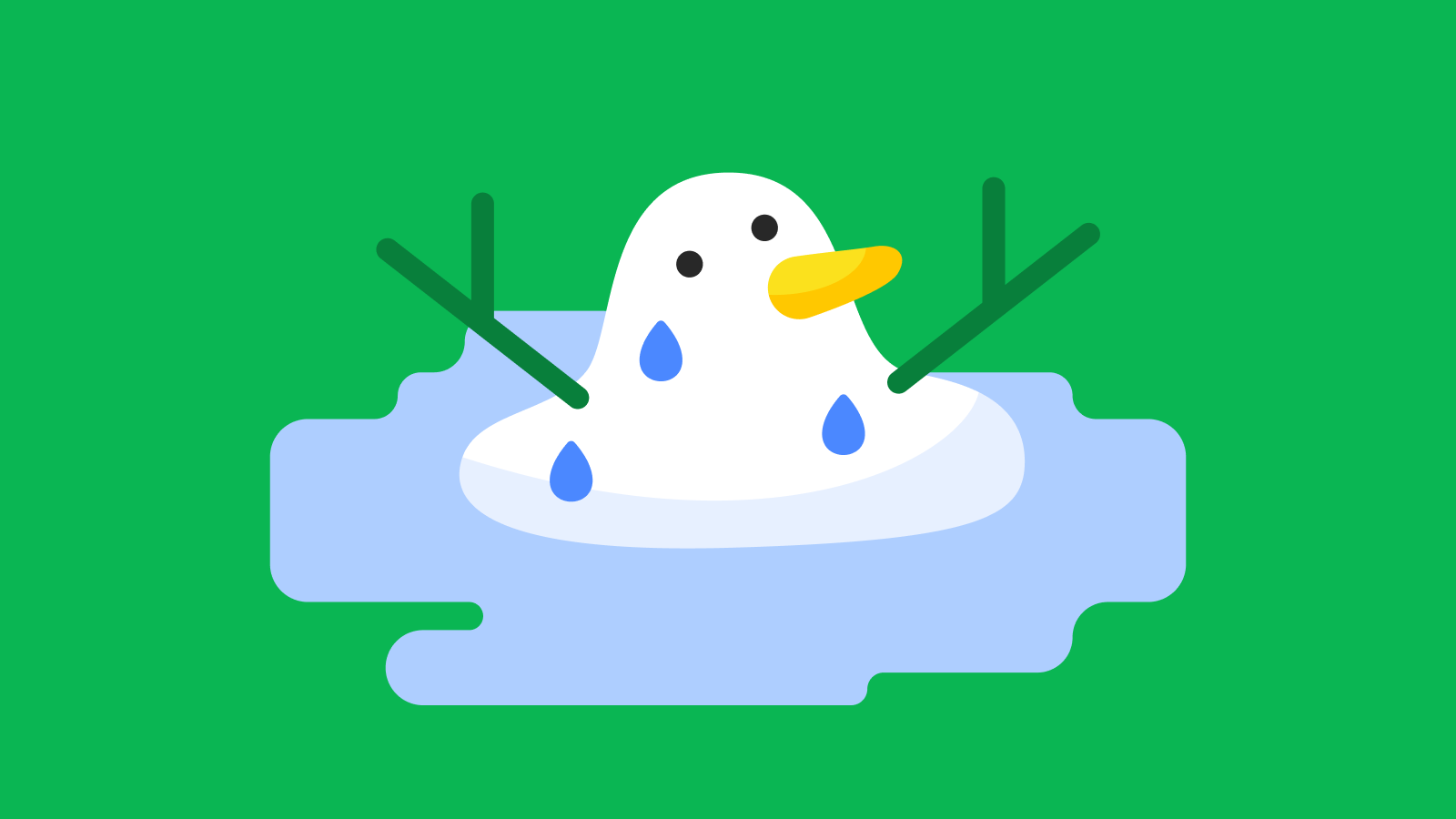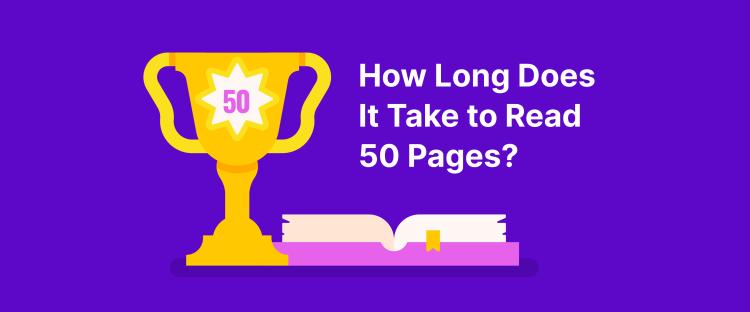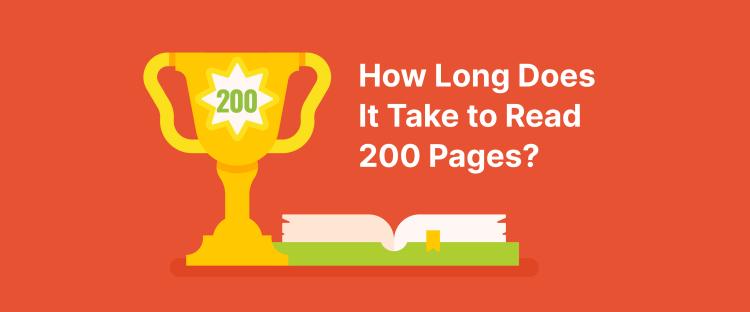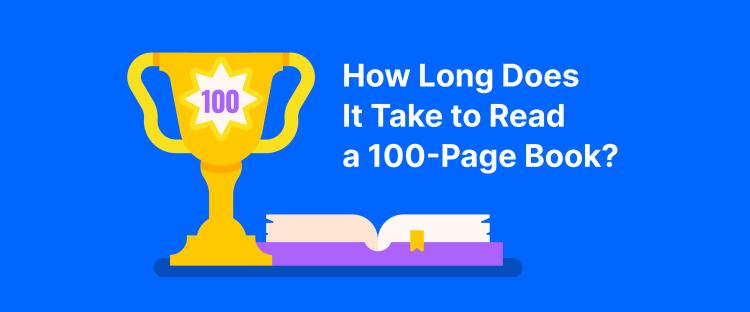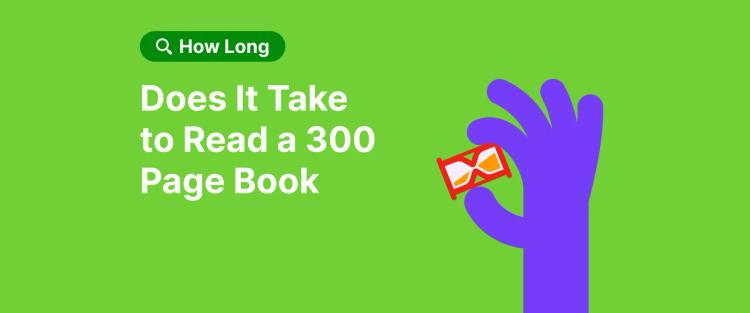How long does it take to read a 400-page book? On average, you'll need about 10 to 12 hours to finish a 400-page book, assuming your reading speed is 200-250 words per minute (WPM). Want to speed up a bit? We've found practical tips and insights on speed reading to help you hit your self-learning goals faster and add one more productive hobby to your list.
Inspired by key insights from Headway's book summaries of Jordan B. Peterson's '12 Rules For Life,' Joseph Murphy's 'The Power of Your Subconscious Mind,' and Ben Horowitz's 'The Hard Thing About Hard Things,' the following techniques will help you read smarter, not harder.
Quick tips for reading 400 pages faster:
Practice focused reading: Set clear goals, focus on key points, and minimize re-reading.
Minimize subvocalization: Avoid silently pronouncing words; focus on understanding the meaning of sentences.
Eliminate distractions: Create a quiet, interruption-free environment for better focus and retention.
Track your progress: Monitor your reading speed and set small, achievable milestones with Headway's reading progress features.
Use book summaries: Utilize Headway's 15-minute book summaries to get key insights without spending hours on a full read.
Keep reading for a more detailed overview of hands-on techniques for faster reading and better retention!
How to increase your average reading speed: Top three strategies
Looking for practical tips that will help you read more books in a year? Develop three time-management and self-improvement skills, following expert advice from nonfiction bestsellers.
1. Get focused while practicing self-help
Your ability to focus on daily activities greatly depends on your well-being. So, it's okay to help yourself and create a positive mindset. In Jordan Peterson's '12 Rules For Life,' Rule 2 shows the importance of self-care and self-compassion in boosting your productivity:
"Rule 2: Treat yourself like someone you are responsible for helping."
Peterson suggests treating yourself with the same care and responsibility you'd offer your loved ones. In terms of reading and self-learning, apply this rule to celebrate even the smallest wins. So, don't berate yourself for missing a daily reading session.
Practice compassion and build a better habit by adjusting your goals. Next time, read a couple of pages more than planned and focus on routines that nurture your well-being and align with your long-term vision.
2. Develop a growth mindset
Following Joseph Murphy's advice in 'The Power of Your Subconscious Mind,' it's essential to believe in your brain's ability to absorb information:
"As you sow in your subconscious mind, so shall you reap in your body and environment."
As a result, you develop self-confidence and trust in your capacity to learn and grow. This mind-centered technique is not just about intellectual ability but also about mindset, the belief that you have the capability to understand, retain, and apply new knowledge.
If you're a student or professional trying to read large volumes of material, believing in your ability to absorb information will help you stay motivated through overwhelming tasks.
Remind yourself that you can break complex tasks down into manageable chunks. Your belief in your abilities is vital for success, as it builds the mental resilience to overcome obstacles in your learning journey.
3. Overcome struggles and prioritize key information
When explaining key lessons on entrepreneurship in 'The Hard Thing About Hard Things,' Ben Horowitz mentions one important tip:
"Embrace the struggle."

It encourages you to face challenges head-on. And eventually, the struggle itself becomes a part of the journey toward mastery and self-improvement. So, if you're studying for a difficult exam, browsing through a pile of research articles, or working on a project with lots of scientific sources, embracing the struggle would mean not giving in to frustration or fear.
At the same time, focusing on key information and highlighting main points is easier than reading a long book from cover to cover. Take breaks between reading or learning sessions, ask for help, and look for takeaways, all while moving forward, even when it feels hard. This way, you'll build resilience to handle future challenges.
Reading time chart for a 400-page book: From slow reader to fast reader
Ready to learn how many hours you'll need to get through 400 pages of a good book? We've created a personalized reading chart to help you estimate your reading time based on different reading speeds, from slow readers to speed readers. It'll allow you to set realistic goals and manage your reading sessions more effectively.
| Reading Speed (WPM) | Words in 400 Pages | Estimated Reading Time |
|---|---|---|
150 WPM (Slow) | 110,000 – 120,000 | 12 hrs 15 min – 13 hrs |
200 WPM (Average) | 110,000 – 120,000 | 9 hrs 10 min – 10 hrs |
250 WPM (Above Avg) | 110,000 – 120,000 | 7 hrs 30 min – 8 hrs |
300 WPM (Fast) | 110,000 – 120,000 | 6 hrs 10 min – 6 hrs 40 min |
500 WPM (Speed Reader) | 110,000 – 120,000 | 4 hrs – 4 hrs 20 min |
How this chart benefits you
Do you want to set clear self-learning goals when reading books? Use this chart and enjoy a more optimized reading schedule.
1. Time management
One way to use the chart is to plan your reading time accurately. Knowing your reading speed helps you break down your reading goals into manageable parts and finish a book faster.
2. Realistic goal setting
If you're working toward reading a certain number of books this month, the chart shows you how long each book might take based on your average reading speed. It helps you set realistic reading goals.
3. Flexibility for various reading materials
Books vary in complexity. Some are more challenging and require slower reading, while others are easier to finish in one sitting. This chart helps you adjust your expectations.
How to calculate your reading time
To calculate how long it'll take you to read a book based on your reading speed, use this simple formula:
Reading Time (in minutes) = Pages/WPM
Pages: The total number of pages in the book.
WPM (Words Per Minute): The number of words you can read in one minute.
Suppose you're about to read '12 Rules For Life' by Jordan B. Peterson, which contains 448 pages.
With an average reading speed of 200 words per minute (WPM), the reading time for a 448-page book would be about 2 hours and 14 minutes. Accordingly, if you read 300 words per minute, you'll finish the same book in 1 hour and 29 minutes.
These examples help you understand how your reading speed affects the overall time it takes to read a book. The faster you read, the less time it will take, and vice versa.
Three things that make you a slower reader
Reading time can vary based on the complexity of the content, number of pages, subject matter, individual reading speed, and distractions. However, some factors can actually slow down your reading speed and reduce retention. As a result, reading 50 pages would be as difficult as finishing a 500-page book. Here are the top three things that make you a slow reader.
1. Subvocalization
Subvocalization is the habit of silently pronouncing words in your head as you read. While this is a natural process, it slows down reading speed because your brain is processing words at the pace of speech rather than at the much faster pace of visual recognition.
Imagine you're reading a novel, and as you read each word, you're silently saying it to yourself. It can significantly reduce your speed if you're a slow reader.
So, try reading without speaking the words in your mind. Over time, this can increase your speed.
2. Distractions
Lack of focus or external distractions, like noise or constant social media scrolling, and internal distractions, like daydreaming or wandering thoughts, can significantly slow your reading. When your focus is broken, you often need to re-read sections of text, which wastes time and disrupts the flow.
For example, you're trying to read a self-help book on personal growth in a coffee shop with loud music playing in the background. These interruptions make it hard to retain what you're reading, forcing you to go back and re-read, making the whole process slower.
Create a distraction-free environment before opening a book. Set a reading time and refocus your attention when it drifts.
3. Reading without purpose
Reading without a clear purpose results in poor comprehension. When you're not focused on the key takeaways, you read more passively, which results in lower retention and a longer reading time.
Suppose you're reading a business strategy book but not taking notes. You're just reading for the sake of finishing the book. As a result, you find yourself constantly pausing to reread chapters to understand what you missed, extending your overall reading time.
Before starting a book, identify your purpose for reading (e.g., learning a new skill or solving a specific problem). Focus on important sections and take notes to help retain and understand the material.
Build a strong reading habit with Headway book summaries
Reading faster is not some sort of a superpower. It's a skill you can train and develop with time to finish long books easily. So, if you're an avid reader who wants to enjoy any type of book, from a nail-biting thriller by Stephen King to a Harry Potter novel, master focus and self-organization techniques to crush your reading goals!
Whether you prefer a short story or a 300-page book, Headway's library of summaries offers the key takeaways from bestselling books on self-discovery and personal growth. Read or listen to the summarized formats of 'Atomic Habits' by James Clear, 'The Will to Change' by bell hooks, and more with your pocket-sized library.
Download the Headway app today and improve your reading skills with expert-backed, thought-provoking insights from global bestsellers.
Frequently Asked Questions
How fast can I read a 400-page book?
On average, at 200 WPM, it would take you approximately 9-10 hours. However, your reading time will vary depending on the complexity of the material and your ability to focus.
Speed readers (500 WPM) can finish in about 4-4.5 hours. To read faster, practice techniques like reducing subvocalization or reading in chunks.
Can you finish a 400-page book in a day?
Yes, it's possible to finish a 400-page book in a day if you dedicate the necessary time. If you read for about 6-8 hours with an average speed of 200-250 words per minute, you can finish the book.
However, keep in mind that reading nonfiction or complex texts may require breaks and a slower pace for full comprehension. Fiction or light reading can be done faster. You can improve reading retention by taking short breaks and summarizing key points.
What books are 400 pages long?
Many books fall into the 400-page category, with some popular examples being:
'The Girl on the Train' by Paula Hawkins
'12 Rules For Life' by Jordan B. Peterson
'The Shining' by Stephen King
'Little Fires Everywhere' by Celeste Ng
What do 2000 words look like?
Two thousand words equals approximately four pages of text, depending on font size and formatting. It can also be roughly equivalent to 8 minutes of reading time at an average reading speed of 250 WPM.
In practical terms, a 2000-word article could fit within a single chapter of a typical nonfiction book or a short story in fiction.
Is 20,000 words enough for a book?
Yes, a book with 20,000 words can definitely be considered a book, though it would likely fall into the category of a short book or novella. Many self-help books, novellas, or shorter nonfiction works fall within this range.
For comparison, a full-length novel typically ranges between 50,000 and 100,000 words, so 20,000 words can still provide valuable insight or storytelling in a compact format.
Is 200 WPM a good reading speed?
Yes, 200 WPM (words per minute) is considered an average reading speed for most readers. At this pace, you can comfortably read and comprehend most books, including nonfiction and fiction, while still retaining the key ideas.

